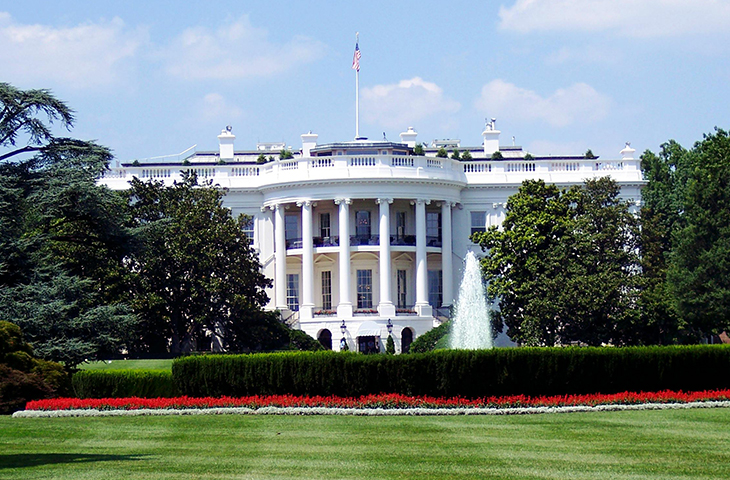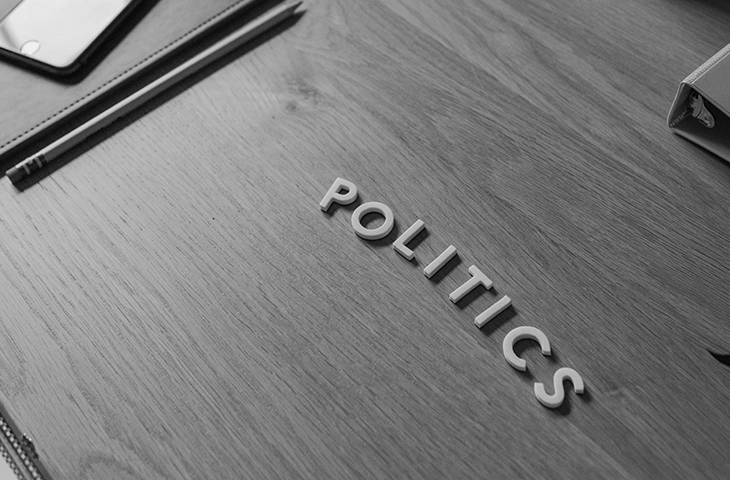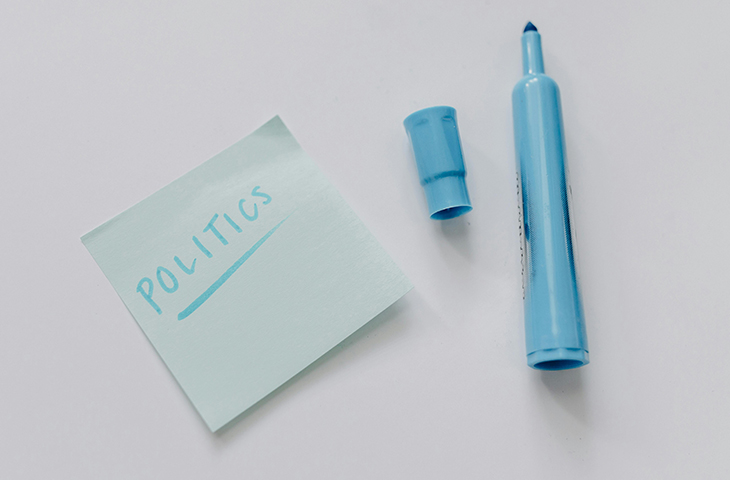Canadian Export Graydon Carter Talks Trump, Napoleon And Canada’s Election

In a parenthetical buried in his new memoir, Graydon Carter recounts the story of how his 1984 GQ cover story of Donald Trump — which sold well on newsstands — convinced Condé Nast owner Si Newhouse to publish The Art of the Deal. That book led to The Apprentice, which led to the second half of Trump’s career as media personality and then president.
“As they say, a butterfly’s wings,” Carter writes.
The longtime editor-in-chief of Vanity Fair has a legendarily combustible relationship with Trump. Over the past several decades, the two men have both been fixtures of New York City social life and have at times been something close to friendly. Carter even attended Trump’s 1993 wedding to Marla Maples. But Carter’s SPY Magazine coined the term “short-fingered vulgarian” to describe the then-New York City real estate developer in the 1980s, and in turn, he was one of Trump’s favorite targets on X for years back when it was known as Twitter.
Carter has lived in the United States for almost 50 years, but spent his youth in Ottawa. It’s clear from his new book When the Going Was Good: An Editor’s Adventures During the Last Golden Age of Magazines he still feels real fondness toward his Canadian roots and remains deeply impacted by his childhood and young adulthood there. That puts Carter in an interesting position: able to understand both Trump and his outsize impact on Canada’s upcoming election in a way that most outside observers can’t. Since he was elected last year, Trump has threatened to turn Canada into the “51st state” and levied significant tariffs on steel, aluminum and automobiles from the country.
I asked Carter for his take on Trump’s Canada threats, given what he’s observed of the man over the years, and the growing backlash to them that’s flipped the country’s April 28 election on its head. “Napoleon and Hitler made the mistake of blithely marching into another cold-weather nation,” Carter said in an interview with POLITICO Magazine. “You don’t get through those brutal winters without building up a sturdy resilience. And Canadians can fight and skate at the same time.”
This interview has been edited for length and clarity.
You describe in the book your relationship with Trump. You famously had all his 43 tweets about you framed and put up outside your old office. What did the years of sparring with him teach you that other journalists might miss about him?
I think that inside every bullying strongman is a coward who is easily manipulated and frightened.
As a born and raised Canadian yourself, how should Canada understand Trump's threats?
I think Canadians should take this lunatic threat seriously. By the same token Trump should take Canadian resistance every bit as seriously. Napoleon and Hitler made the mistake of blithely marching into another cold-weather nation, when they tried to take Russia. Look how those adventures turned out. Beneath that affable, welcoming exterior, Canadians are remarkably tough. You don’t get through those brutal winters without building up a sturdy resilience. And Canadians can fight and skate at the same time.
The polls show a quick shift away from Pierre Poilievre and the Conservatives and toward Mark Carney and the Liberals since Trump began to hammer Canada with “51st state” rhetoric. But Carney himself doesn't seem like an obvious example of a pro-Canada fighter; he's spent much of his professional life abroad. What do you think of Carney, and what do you make of the shift in polling?
I’ve met Mark once. And I found that he has a disarming and completely charming dry sense of humor. Given his experience, I think Trump would be wise not to underestimate him.
How about Pierre Poilievre? What is his appeal to Canadians, and why does it seem to have diminished since Trump returned to the White House?
I do think that Trump is giving strongman populism a bad name. In his own way, he’s been a gift to liberal democracies everywhere. Perhaps it’s just that seeing what is going on in the U.S. right now that makes them appreciate the freedoms and sanity that surround them.
You also write in the book about how six months working on the railroad in Canada as a child changed the course of your life. What specifically did that experience teach you about the politics and culture of your homeland, and how does it inform how you look at Canada's current political moment?
I wasn’t a child. I mean this wasn’t 19th century England. I was a late teen. I lived with 11 other men in a bunk car out on the Canadian prairie. I grew to like these men — most of whom had had their brushes with the law. Having worked summers at blue-collar jobs was a useful guide in understanding how the average working man or woman thinks — and how they view authority figures, especially politicians.
How is Canada’s media doing at covering both the Trump threats and the upcoming election? What can both American and Canadian media do better right now?
I think that what the far right derisively calls the mainstream media has been doing a remarkable job during one of the most challenging times for anyone involved in delivering balanced but pointed coverage of what is going on. You don’t have to give all sides to every issue. If you’re discussing the roundness of the earth, you do not need to get the opinion of the spokesperson from the Flat Earth Society.
From you to Vice co-founder Shane Smith, there are lots of Canadians who have left their mark on American media. Why is that, and why doesn’t that seem to happen to the same extent in Canada itself?
Well, Shane is more American in a way than Canadian. My, but that fellow can talk. I prefer Canadians like Lorne Michaels, Martin Short, Catherine O’Hara, the late Robbie Robertson and Victor Garber. They came here and made their marks in America, but without losing any of their cheerful, generous, Canadianness. They are my friends and idols.
In the book, you describe in detail a golden age of American journalism. Does a lack of the same kind of towering media institutions now make it more difficult to cover President Trump?
These first few months must have been brutal for reporters. Given the flurry of executive orders flying out of the White House, for them it must be like trying to grab a cup of water from a fire hose. I do think the New York Times has been exceptional through all of this. And the fact that a nearly 175-year-old magazine like The Atlantic can so dominate the news cycle the way it has, should give everyone hope.


